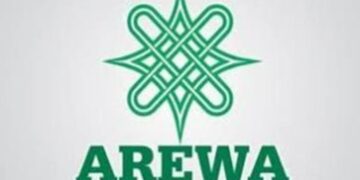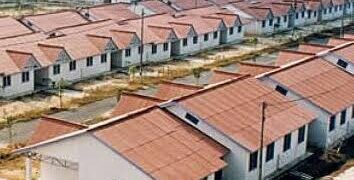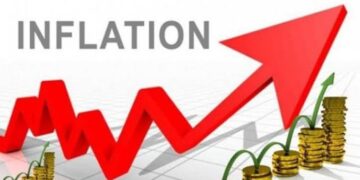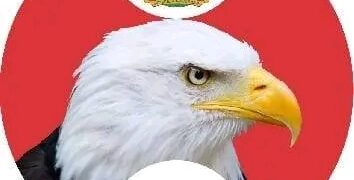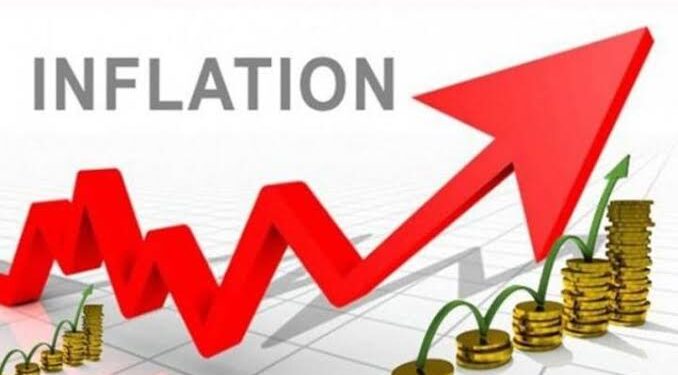Nigeria’s headline inflation rate rose to 24.23 percent year-on-year in March from 23.18 percent recorded in February 2025, the National Bureau of Statistics ,NBS, said in a data released on Tuesday.
According to the NBS, the figure was 1.05 percent higher than the February 2025 inflation rate.
The rise in inflation is coming barely one month after the Bola Tinubu’s administration expressed confidence on its reform programmes, boasting that the economy was back on track.
According to the ,NBS, the increase was majorly due to price rises for food and non-alcoholic beverages, which were the biggest contributor to annual inflation rate in March 2025.
The NBS said food inflation rate in March 2025 was 21.79 percent on a year-on-year basis.
It attributed the increase to the rise in the average prices of ginger (fresh), garri (Yellow), broken rice (ofada), honey (natural production), crabs, potatoes, plantain flour, periwinkle (unshelled), pepper (fresh), etc.
The NBS stated, “Looking at the movement, the March 2025 Headline inflation rate showed an increase of 1.05% compared to the February 2025 Headline inflation rate. Furthermore, on a month-on-month basis, the Headline inflation rate in March 2025 was 3.90%, which was 1.85% higher than the rate recorded in February 2025 (2.04%).
“This means that in March 2025, the rate of increase in the average price level is higher than the rate of increase in the average price level in February 2025.”
The NBS, which attributed this development to rise in food and non-alcoholic beverages highlighted that food and non-alcoholic beverages accounted for 9.28 percent; restaurants and accommodation services, 2.99 percent; transport, 2.47 percent; housing, water, electricity, gas, and other fuels, 1.95 percent, education services 1.44 percent, health 1.40 percent.
Giving details of Food inflation, the NBS said “However, on a month-on-month basis, the Food inflation rate in March 2025 was 2.18 percent, up by 0.50 percent compared to February 2025 (1.67 percent).”
This is the first rise in inflation figure after the NBS rebased the Consumer Price Index (CPI) earlier in the year.
The NBS carried out a rebasing exercise in which the items in its reference basket were reweighted and the comparison period was updated from 2009 to 2024, and this saw the annual inflation rate fall from 34.80 percent in December 2024 to 24.48 percent in January 2025.




